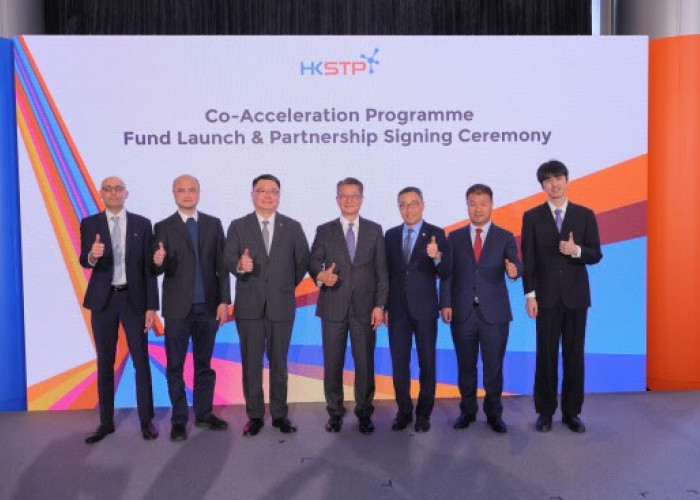China Business Knowledge White Paper Series - Where Guanxi Matters

In China, guanxi often plays a considerable role in shaping the behaviours of economic agents.--
Overall, our studies show that the negative implications of guanxi between auditors and executives or audit committee members outweigh their benefits. Specifically, auditors' social ties with the client management or audit committee significantly reduce the likelihood that the auditors issue modified audit opinions (MAOs), a practice that implies an auditor is able to discover and report accounting irregularities. Even if connected auditors do issue MAOs, the modifications tend to be less severe.
Fourth, we look at how guanxi ties between financial analysts and firm management affect the acquisition and dissemination of bad news surrounding problematic firms. Sell-side financial analysts play a crucial role in discovering and disseminating bad news about firms, not least because managers have a proclivity to keep unfavourable news about their firms under wraps. We found that analysts with social ties to firm management have earlier access to bad news than unconnected analysts. After acquiring the negative information, connected analysts tend to share it with their clients privately while remaining silent in public.
While connected analysts play an important role in enhancing transparency and monitoring management, if they convey negative information privately, it may undermine investor confidence and hinder market growth.
Drawbacks Often Outweigh Benefits
For centuries, guanxi has been a building block of the Chinese business world. Guanxi ties do have the advantage of facilitating information sharing, but their costs to the market often exceed their benefits. Our findings have practical implications for various sides of the financial market, including investors, regulators, audit firms and audit committees.
Investors investing in IPO stocks should be wary of poor audit quality stemming from banker-auditor social ties. When formulating policies that touch on the independence of audit committees and outside auditors, it would be sensible for regulators to consider the role informal personal ties play. Given that investors do discount the earnings audited by engagement auditors who have guanxi connections with corporate executives or audit committee members, mandatory disclosure of such affiliation would be helpful.
Likewise, public accounting firms eager to improve their performance should take into account the guanxi factor when allocating scarce quality control resources and assigning individuals to audit engagements. Industry practitioners who want to strengthen corporate governance should also be aware of the impact of guanxi on external auditing when developing firm-level governance structures.
Sumber:















